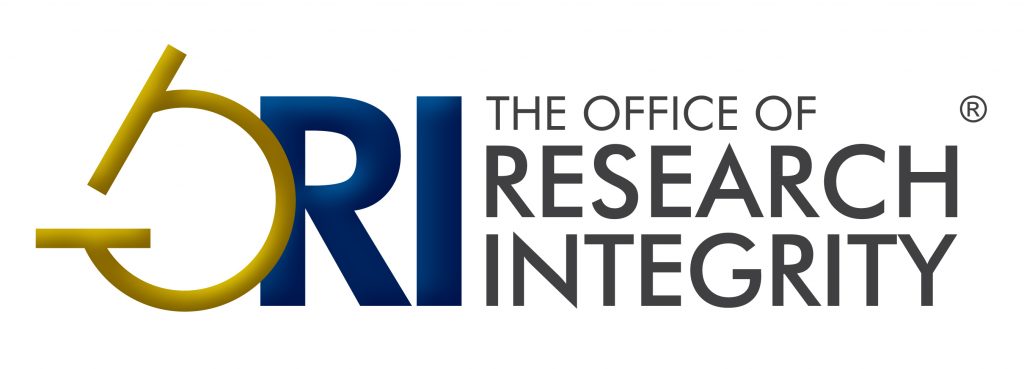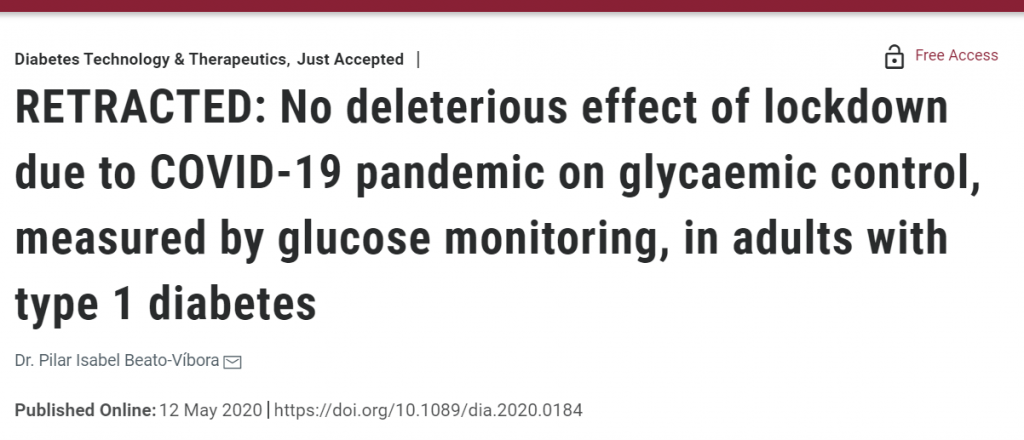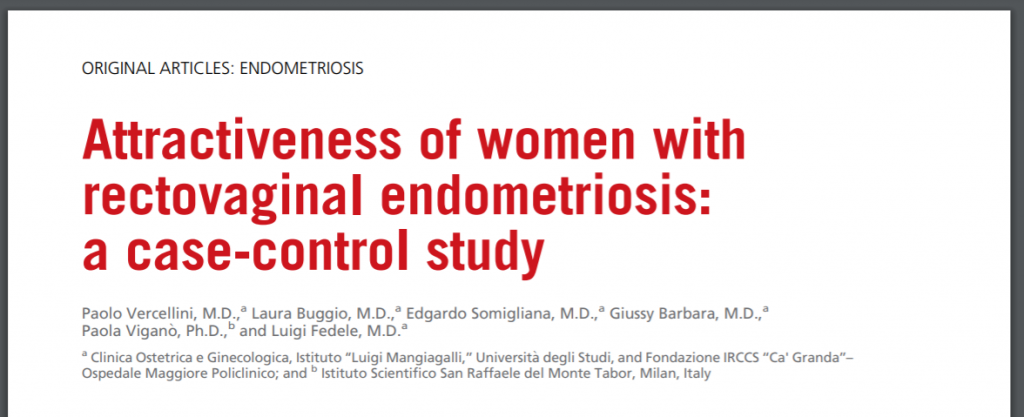
Before we present this week’s Weekend Reads, a question: Do you enjoy our weekly roundup? If so, we could really use your help. Would you consider a tax-deductible donation to support Weekend Reads, and our daily work? Thanks in advance.
The week at Retraction Watch featured:
- A whistleblower’s allegations about hundreds of dodgy papers from four groups
- The retraction of 20 book reviews by a PhD student for plagiarism
- The retraction of a highly cited Science paper
- A professor’s departure after retractions for data anomalies
- A ban on federal US funding for a researcher who has received more than $17 million in grants
Our list of retracted or withdrawn COVID-19 papers is up to 31.
Here’s what was happening elsewhere:
Continue reading Weekend reads: The fate of fraudsters; TV doctors sting a predatory journal; best paper title ever?







